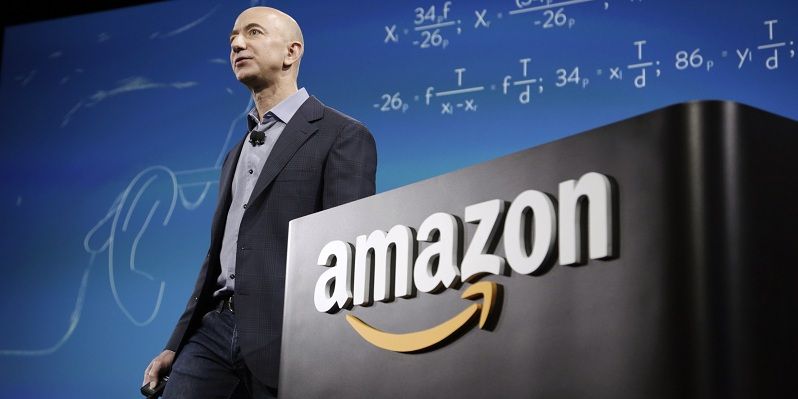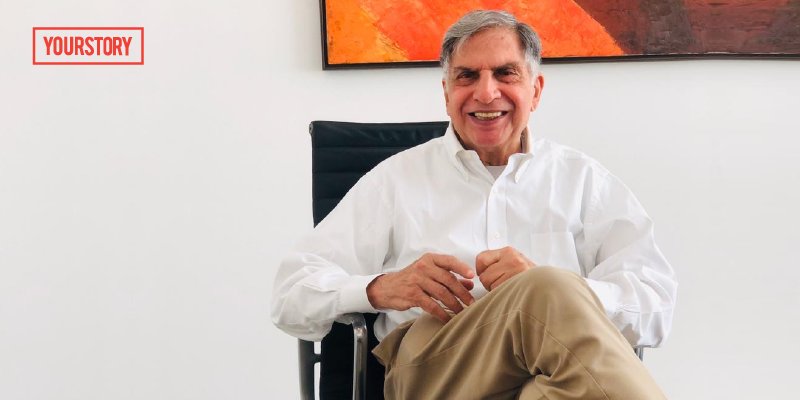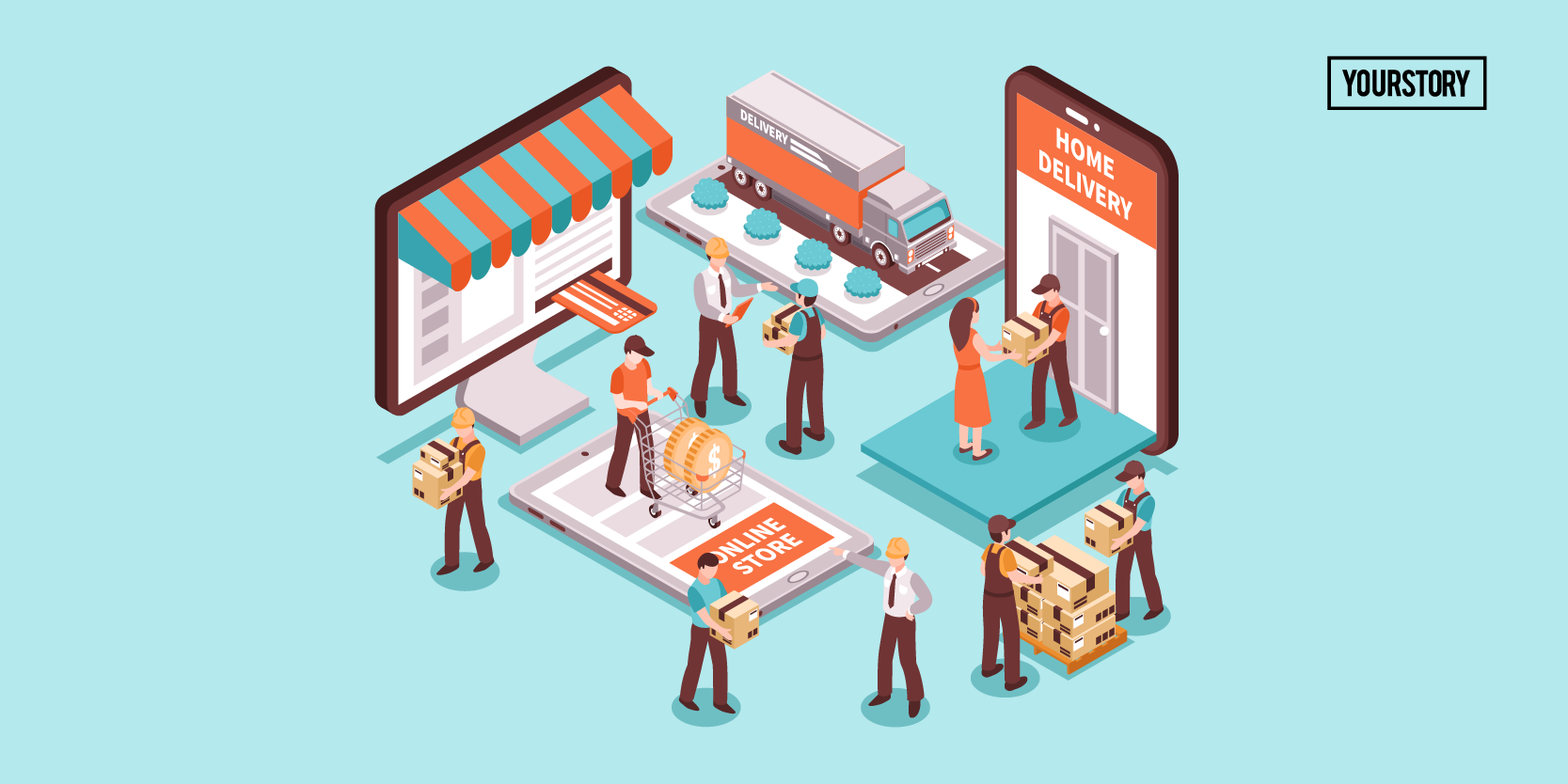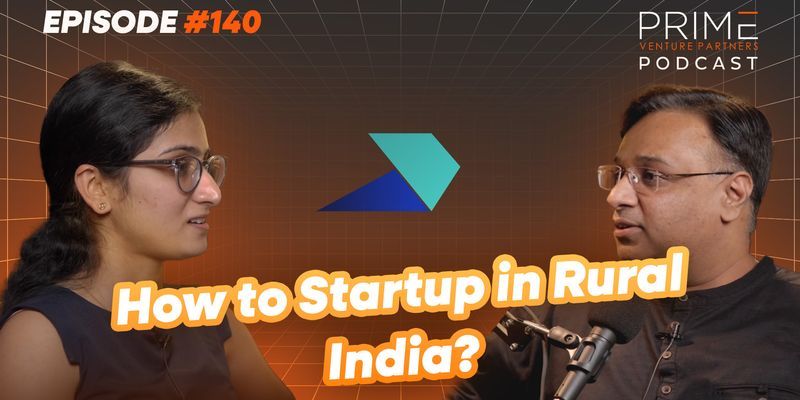How the drone patent, Alexa and diaper subscriptions fit into Amazon’s long-term India plan
A string of recent announcements and initiatives from Amazon show how its plans for India are for the long haul, and how central the country is to its ambitions.
The e-commerce narrative in the past few weeks in India has revolved around how Flipkart has run away with the festive season sale, capturing about 70 percent of the market share, according to data from market analysts. But don’t write off Amazon just yet. The US giant has a number of aces up its sleeve. Some of these might seem too small or too out there, but put them together and it is clear that Amazon is working on a well-thought-out plan. It also shows how Amazon’s plans for India are for the long haul, as many of the initiatives will have a large impact only years from now.
The e-commerce company’s plans are focussed on two areas – keeping existing customers firmly hooked onto the site, and ensuring first-time shoppers come only to Amazon.
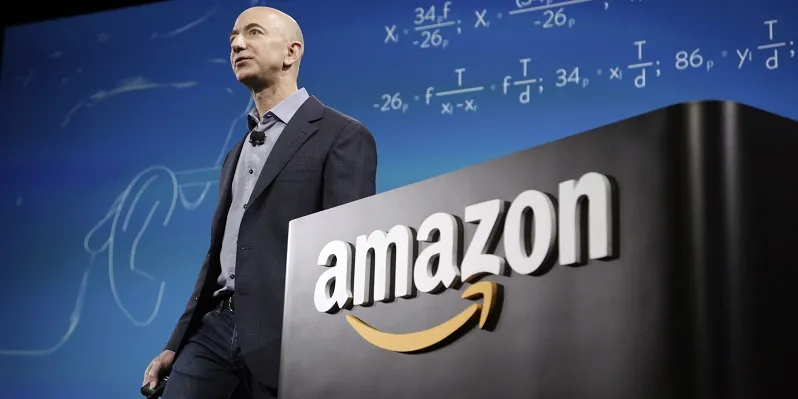
Here are a few of Amazon’s more recent moves that will help the company in these two fronts:
Drone patent
Many may have scoffed at the idea of Amazon delivering packages via drones in India. But get stuck in Bengaluru traffic for a few hours and drone deliveries seem so intuitive. Amazon has just filed for a patent for exclusive rights for use of multi-scale fiducials--black and white markings on an object for a drone to identify them from a distance. When Amazon launched Amazon Prime Air in the UK last year, it released a video that showed an Amazon drone landing on a black-and-white grid. A few months ago, Amazon had filed for another drone-related patent in India; this one to ensure that a drone’s propeller automatically detects and avoids an animal or human in its path.
We have written before on how important logistics are to Amazon’s India strategy. With a network of around 41 fulfilment centres and a strong surface transport network that takes care of long-haul, mid-haul and last-mile delivery in many parts of India, Amazon has ensured that customers can expect fast delivery. This is a means of creating a habit, and once a customer gets used to getting a product in a couple of days on Amazon, he will expect that from other e-tailers — who might not be able to make the same promise — as well.
Amazon’s fulfilment efficiency is brilliant. Robotics and automation, which could include drones, will drive up this efficiency. There could be a cost implication too. Amazon’s current logistics strategy is high cost. Automation could bring down costs,” says Manish Saigal, Managing Director at advisory services firm Alvarez & Marsal.
Amazon’s drone plans should be seen from this perspective. The idea, however, throws up a lot of questions. Like, for instance, can drones — if the government regulations allow the company to deploy them — ensure speedy deliveries in remote locations, where setting up an on-ground delivery infrastructure might be expensive? Will Amazon be able to establish enough hubs about 30 minutes away (by drone time) from delivery locations? Or will its drones be able to travel longer distances? But with Amazon getting a patent in the US for air-borne warehouses that will deploy drones, all this does not seem fantastical anymore. While drone delivery is still far from being a reality in India, the patent applications show how seriously Amazon is taking India and its logistics in the country.
Alexa and Echo
Last week, Amazon allowed Indian customers to pre-book Echo, the voice-controlled family of speakers. Alexa, Amazon’s voice-assistant, is the cloud-based brain of Echo, and it can answer questions, create shopping lists, play music and control smart devices at home. For India, Amazon has created a voice with local pronunciation that can also understand music titles, names and places in other languages. The Echo speakers, starting from Rs 3,149 (after a 30-percent discount), might seem like expensive speakers, but users can do a lot more than just listen to the latest hits. In India customers can play music from Saavn, book a cab on Ola, and order a meal from Freshmenu, among many other such activities, by issuing voice instructions.
Just as standalone products, the Echo range is quite interesting. However, Alexa again has habit-forming capabilities, something Amazon likes to employ quite a lot. One of the features that Amazon has not publicised when the devices were launched in India is that customers can also create shopping lists that Alexa can then order on Amazon. Again, the idea is to make Amazon a part of its customers’ daily lives and become the default shopping destination. “Amazon is trying to have more touch points with the consumer through his or her typical day. How much of a customer’s time in a day is spent on actual shopping? So mindspace you occupy is limited. Think of how Google has gone about it. They have search, maps, YouTube – multiple ways to occupy mindspace. That’s what Amazon wants too,” says Manish.
In India, speech technology maybe in early days, but voice is definitely going to be big. There are numerous instances of people using WhatsApp voice messages much more than regular typing. My 12-year-old niece has mastered the art of dictating messages that get sent as text over WhatsApp. If voice is the future then clearly Amazon wants the first-mover advantage here.
Subscription
While Prime, Amazon’s membership programme, is at the heart of the company’s operations in India, it has quietly launched product subscription options for customers. Users can subscribe to a wide range of products and avail of discounts of up to 15 percent. Products that customers can subscribe to are in categories as diverse as household needs, personal care, air fresheners and pet supplies. The company also offers readymade subscription boxes, which includes a bachelor’s survival kit with products like floor cleaner, shaving foam, breakfast cereal and many other items. Subscription is another good way to become ingrained in a customer’s daily life. Once you get a customer to subscribe, Amazon is assured of repeat orders. Chances are a happy subscriber will buy more products or even add on more subscriptions. Connect this with Prime, and a pattern is clearly emerging – give as many reasons for a customer to keep coming back to the site for more.
Project Udaan
This is not a new initiative, but has been scaled up recently. Launched in mid-2015, Project Udaan is Amazon’s offline programme. Under this Amazon partners with offline stores, mostly run through partners like Vakrangee, StoreKing and others, in semi urban and rural areas. The shopkeeper handholds rural customers to find products on Amazon and place orders. By September 2017, according to a report by The Economic Times, Amazon had had 18 partners and 6,000 stores in 1,700 pincodes across 650 locations in 21 States and Union Territories. Udaan is said to have doubled its growth in terms of new customers year-on-year, according to the same report.
Project Udaan contributes directly to Amazon’s goal of becoming the online shopping destination for the first-time internet shopper. In semi urban and rural locations, Amazon’s global brand equity can amount to zilch. For many rural shoppers online retail can seem fraudulent. Putting a face, especially a local face, to the online retail experience helps break down such barriers. However, it is not always smooth. A Times of India report stated that Amazon had seen a spike in fake orders, especially from rural areas. The report stated that many of these orders were from Project Udaan stores run by partner Vakrangee. YourStory has not independently corroborated this allegation.
It all ties in very nicely – on one hand, Amazon is driving more engagement with consumer and, on the other, ensuring that when they service the consumer the bar is now so high they are delighting the consumer. Anyone else will find it difficult to match, especially a pure e-commerce company, with which consumers interact only for shopping,” says Manish.
Amazon has been accused of many sins. It cannot, however, be accused of losing focus on the long term. From the initiatives outlined above it is clear that Amazon really believes in its founder Jeff Bezos’ famous line – ‘It is still Day 1 for e-commerce and for Amazon’.






